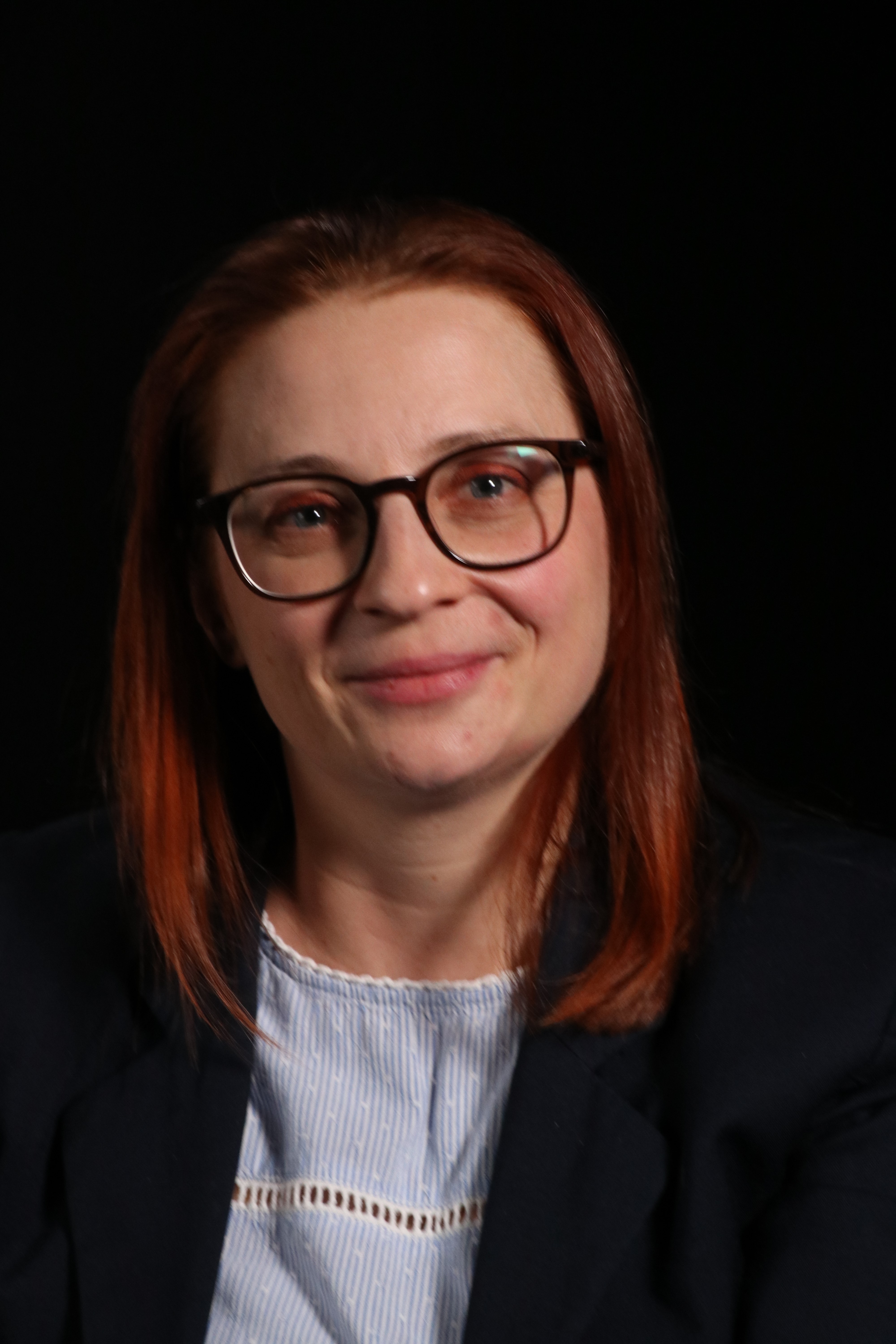I am so grateful to the Czech Republic for the life I live

Download image
Azra Drozdek, née Čaušević, was born on May 11, 1986 in Sarajevo. Her father, Muris, worked at the TAS car factory, which was part of the German Volkswagen group, while her mother, Nefisa, was an urban planner at the Sarajevo Municipality. At the age of six, Azra experienced first-hand the beginning of the siege of Sarajevo; the Vogošća district, where the Čauševićs lived, was heavily bombed. Shortly after her seventh birthday, Azra, together with her parents and sister Amra, managed to escape the city to Belgrade, Serbia. From there, after a year, the family arrived in the Czech Republic, specifically in Mladá Boleslav, via Zagreb and Slovenia. Here Azra graduated from primary school and high school, but was subjected to bullying because of her origins. In 2006, she started her studies at the Faculty of Law of Charles University in Prague, which she successfully completed in 2012. After graduation, she started to focus on foreign, migration and refugee law, since 2015 in the framework of independent law practice. Together with Eliška Flídrová, she built the Prague law firm EXPATLEGAL. In addition, she became the Vice-Chair of the Association of Immigration Lawyers in the Czech Republic and a member of the Expert Forum of the Consortium of NGOs working with migrants. In 2025, she lived with her son Teodor in Prague.









